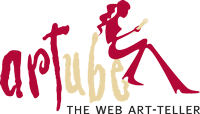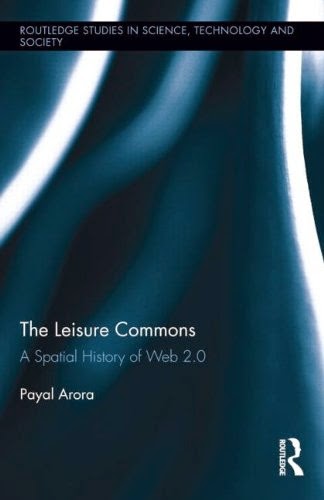The City & South Asia: Digital romance in the Indian city

Nimmi Rangaswamy and I wrote a chapter on ' digital romance in the Indian city' based on our years of fieldwork in slums of India - on how the youth are engaging and participating on social media in ways that are creative, romantic and deeply social. This series, The City & South Asia is an exciting and accessible anthology of voices from diverse scholars on urbanism, South Asia and contemporary issues and developments in emerging markets. The best part is this is open access -what all scholarship should be in the 21st Century - good going Harvard University Press! Digital romance in the Indian City



